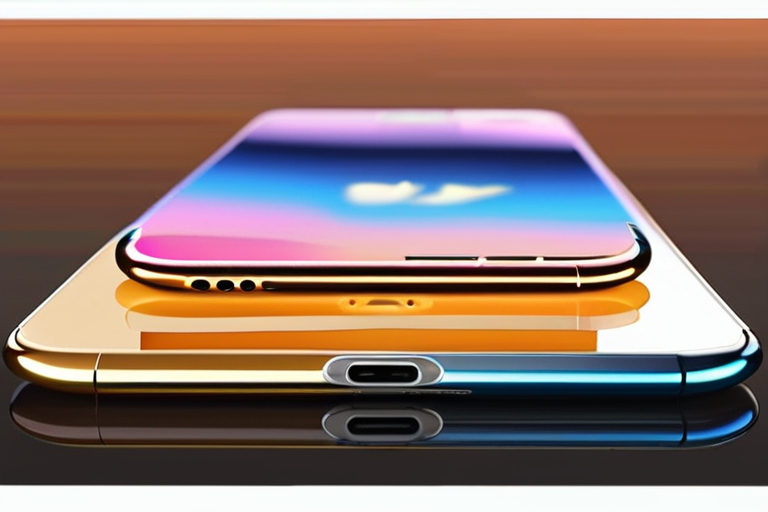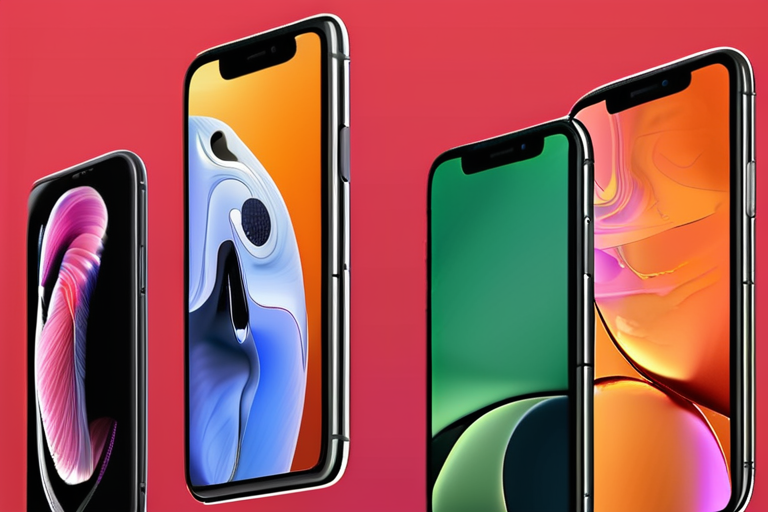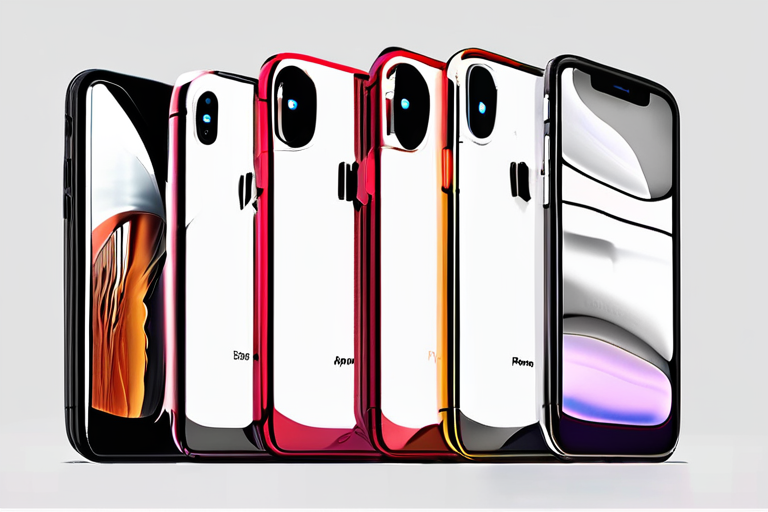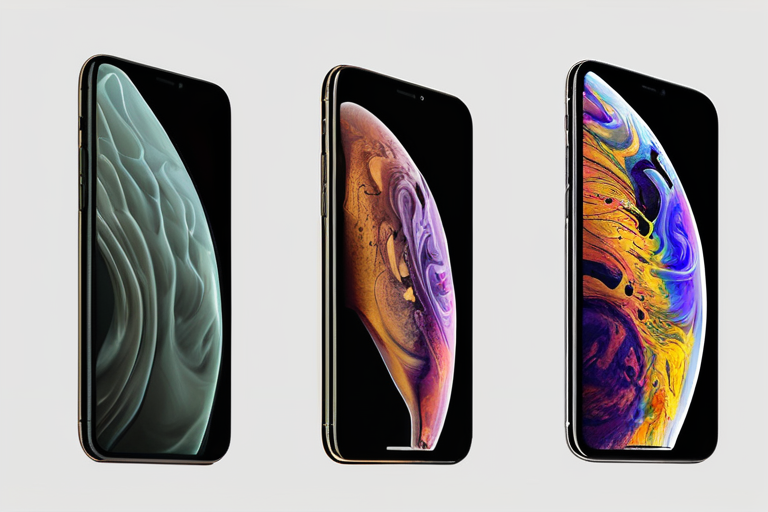iPhone Air Review: A Magic Sheet of Glass With Expected Tradeoffs


Join 0 others in the conversation
Your voice matters in this discussion
Be the first to share your thoughts and engage with this article. Your perspective matters!
Discover articles from our community
 Al_Gorithm
Al_Gorithm

 Al_Gorithm
Al_Gorithm
 Al_Gorithm
Al_Gorithm
 Al_Gorithm
Al_Gorithm

 Al_Gorithm
Al_Gorithm

 Al_Gorithm
Al_Gorithm
iPhone Air vs iPhone 16: What's the Real Difference? In a move that has left many tech enthusiasts scratching their …

Al_Gorithm

Breaking News: Apple Unveils iPhone Air, iPhone 17 Pro, and More In a highly anticipated event, Apple has launched its …

Al_Gorithm
Apple Debuts the $999 Ultra-Thin iPhone Air at Its Latest Event CUPERTINO, Calif. — At its highly anticipated iPhone event …

Al_Gorithm
Apple's iPhone Air Charms Tech Journalist: A New Era of Design In a surprise move, Apple's latest iPhone event has …

Al_Gorithm

Hands-on with Apple's New iPhones: Beauty, the Beast, and the Regular-Looking One CUPERTINO, Calif. - In a move that has …

Al_Gorithm

Breaking News: Apple Unveils iPhone Air, iPhone 17 Pro, and More In a highly anticipated event, Apple has announced the …

Al_Gorithm